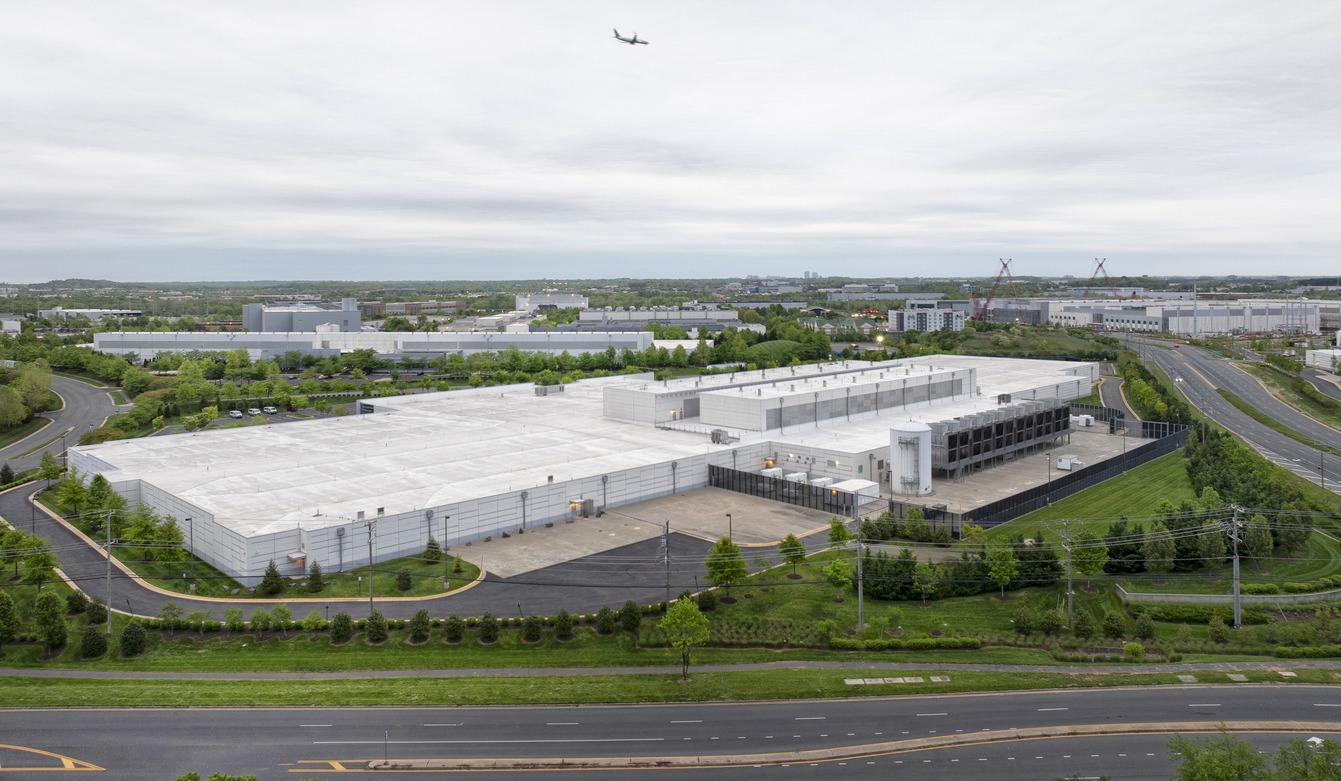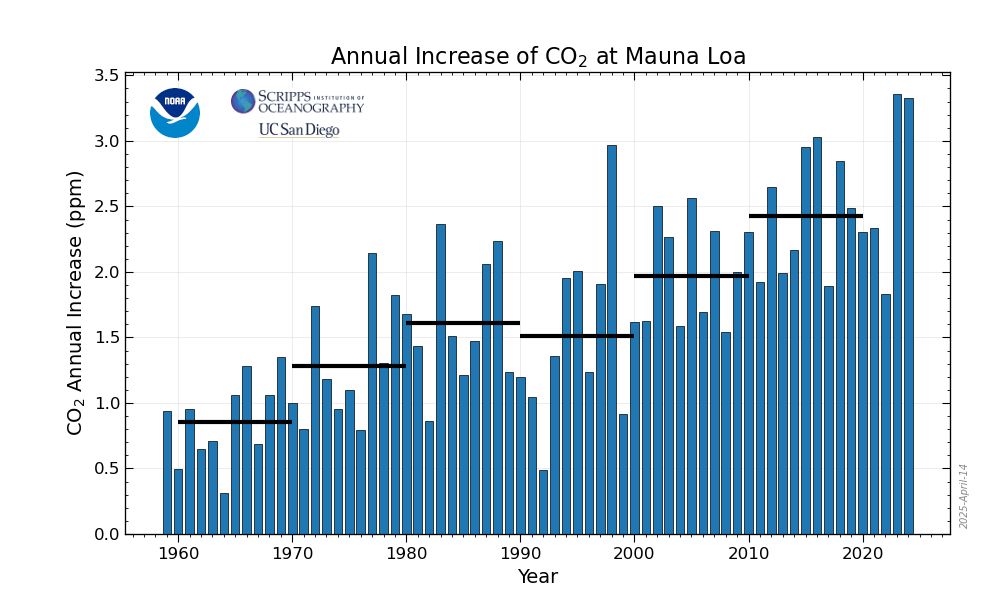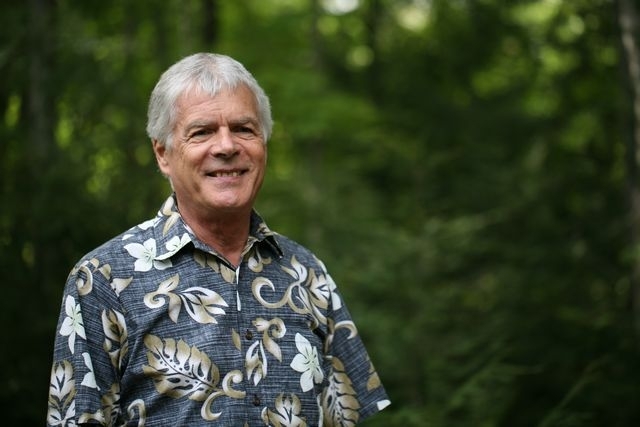Artificial intelligence and its impact on the Muskoka watershed.
Everything is connected to everything else. It’s going to be challenging to manage the wonderful natural environment of Muskoka in this rapidly changing world.
By Peter Sale.

I don’t feel like talking about tariffs today. Nor about ice storms or sudden thaws. I want to talk about AI. You know how we at Muskoka Watershed Council say that in a watershed everything is connected to everything else? Yes, even to the sudden and dramatic rise of AI.
It was not that long ago, most of us had never heard about AI. Now it is all around us. It writes minutes for Zoom meetings. Its summary is the first thing you see when you ask Google a question. It feeds your social media to you, so you become mindless observers of millions of cat videos — each one cuter than the last. And tech companies are shoving AI down our throats whether we want it or not. I did not ask Google to use AI to search. I resent having Microsoft’s copilot pop up when I open Word or PowerPoint. I banned copilot from Word, but there is no way to do this in PowerPoint or Excel, and that vexes me because I’d rather create in my own cumbersome way than have what I do become something done by a bot — a bot which does not think very deeply at all.
The rapid rise of AI is entirely due to the aggressive race among big tech companies to become the best source of AI. AI can bring some benefits to our lives, but we the people did not ask for this, and we certainly did not ask for it to be shoved down our throats.
And the thing is, AI is using up lots of space in server farms doing mostly frivolous things and consuming enormous amounts of energy (and cooling water) to do so. Nor is it just AI. Cloud computing and the cryptocurrency boom also demand immense server farms.
Ah, the cloud! Such a wonderful name for vast acreages of server farms gobbling up energy and water. Not actually much like a fluffy cloud at all, but that is where all your undeleted files reside. And the cryptocurrency boom requires enormous computing power to do nothing at all except provide a new way for people to gamble and sometimes get rich. As with AI, we did not know we needed the cloud or crypto until they were forced upon us. (Ever tried to not save a file to the cloud?)
The International Energy Agency estimated that server farms contributed one per cent to 1.5 per cent of all energy use worldwide in 2022, before the rise of AI or the cryptocurrency boom. Now they account for three per cent of energy used, and the demand will more than double by 2030. All for things that are non-essential.
Now do you see where I am headed?
In 2015, when the climate science community was developing realistic programs to reduce emissions of CO2 they did not anticipate this enormous growth in computing, or the effect that would have on the demand for energy, mostly from fossil fuels, and on the rate of emissions of CO2. Eight years after the Paris climate agreement, the world has still not stopped increasing the rate at which we emit CO2. And we are well on the way to a warming of plus 2.5 degrees Celsius or plus 3 degrees Celsius by the end of the century. Climate change is getting worse, seriously worse, and it will continue to change our weather in Muskoka, often for the worse.

Everything is connected to everything else. It’s going to be challenging to manage the wonderful natural environment of Muskoka in this rapidly changing world. At some point we humans have got to live within the limits of resources of this planet. Unregulated races to develop AI, despite the exponential rise in demand for server farms, energy and water — maybe we need to think a bit more about this? Perhaps I’ll ask Google.

This is article #20 in First Steps on the Path to IWM, the current series of articles from Muskoka Watershed Council. Author of this article, and series editor, is Dr. Peter Sale, retired aquatic ecologist, Muskoka resident and Director of MWC.
This article was originally published on MuskokaRegion.com on May 3, 2025.
